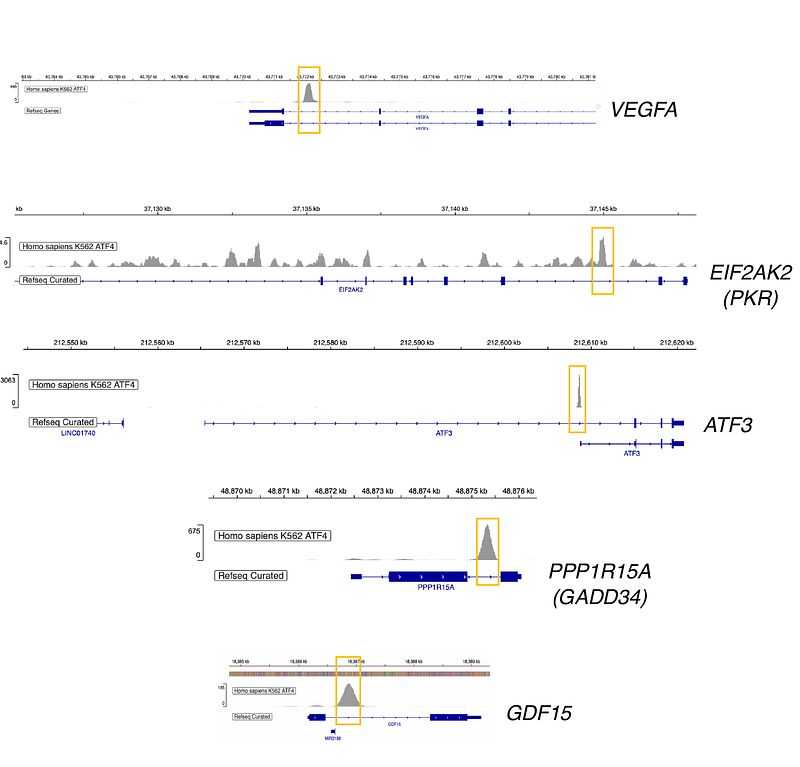Essential Role of Protein Kinase R in the Pathogenesis of Pulmonary Veno-occlusive Disease

Essential Role of Protein Kinase R in the Pathogenesis of Pulmonary Veno-occlusive Disease
Prabhakar, A.; Kumar, R.; Wadhwa, M.; Barpanda, A.; Lyons, J.; Gowda, A.; Gupta, S.; Arvind, A.; Ghatpande, P.; Wiita, A.; Graham, B. B.; Lagna, G.; Hata, A.
AbstractPulmonary veno-occlusive disease (PVOD) is a rare and severe subtype of pulmonary arterial hypertension, marked by progressive remodeling of small pulmonary arteries and veins with no therapies. Using a mitomycin C (MMC)-induced rat model, we previously demonstrated that protein kinase R (PKR)-mediated integrated stress response (ISR) drives endothelial dysfunction and vascular remodeling. To determine if PKR is the sole mediator of ISR and the pathogenesis, we treated control (Ctrl) and PKR knockout (KO) mice with the same dose of MMC. Consistent with rat data, Ctrl mice displayed ISR activation, vascular remodeling, and pulmonary hypertension after MMC treatment, while KO mice showed none of these phenotypes. Proteomic analysis revealed that MMC-mediated ISR activation attenuates protein synthesis in Ctrl but not in KO mice. These findings underscore the significance of PKR-dependent ISR activation and subsequent perturbation of proteostasis as central mechanisms driving PVOD pathogenesis and identifying PKR as a promising therapeutic target.